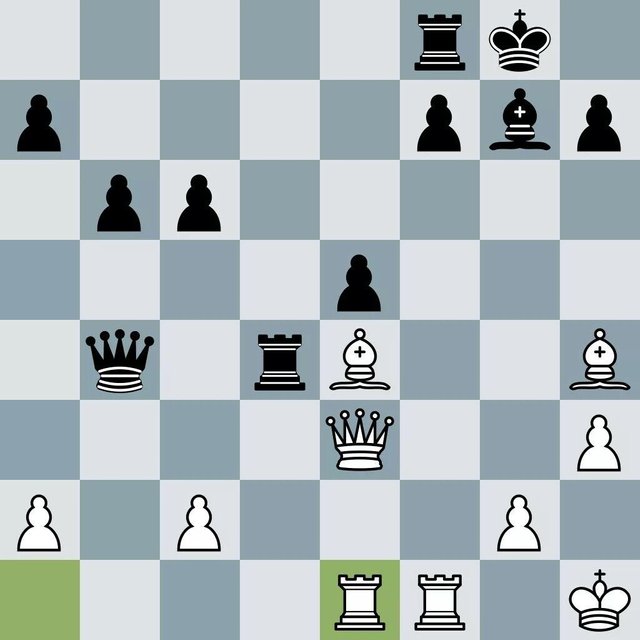''chess''
The game of chess is thousands of years old. Chess has
been played for so long now that its place of origin is un-
clear. Regardless of where the game was first played, it
eventually reached ancient Persia. In the 8th century CE,
conquering armies swept out from the Arabian Peninsula
creating an empire that stretched from India to Spain.
From Persia, the game of chess traveled throughout the
empire to Spain, and from there , to the rest of Europe.
Chess pieces and their functions are a small reflection of medieval
European life. The pawns are the most numerous type on the board and are often
sacrificed to protect other pieces. They represent serfs in the feudal system who
were tied to the land they worked on and had no say in the destiny of their own
lives.
The two rooks are set on each side of the back row and are like the castles that
protected the nobles and the clergymen. The knights are the only pieces that move
in an 'L' shape, much like how the mounted and armored warriors had the ability to
outflank opponents. The Church in medieval times was much more relevant in daily
life and politics than even now and was represented by the bishops, which sat on
both sides of the king and queen.
The queen is the most powerful chess piece on the whole board, though not the
most important. It is an interesting commentary on the precarious positions of
such people in medieval court life. The mobility of the king in chess is very limited,
considering that it is the most important piece in the game. Only the pawn has
fewer options when moving. The loss of one's king loses the game and thus speaks
to t heir importance in the Middle Ages as a physical embodiment of the state. 